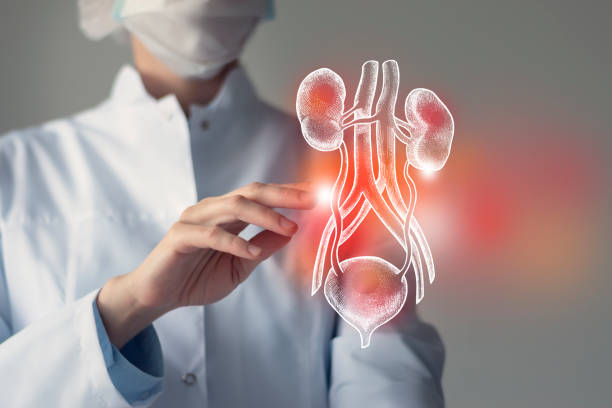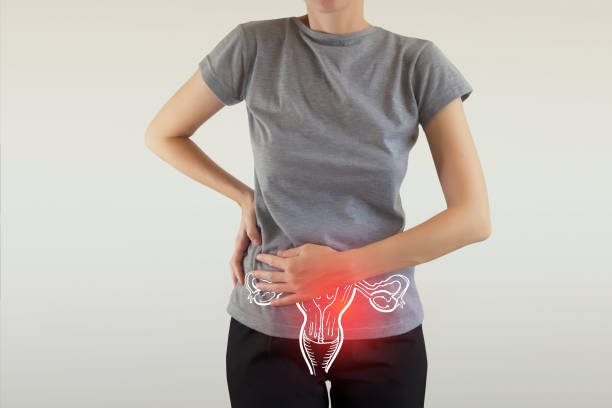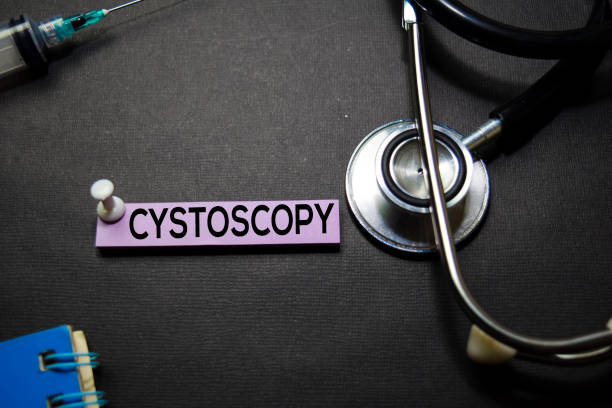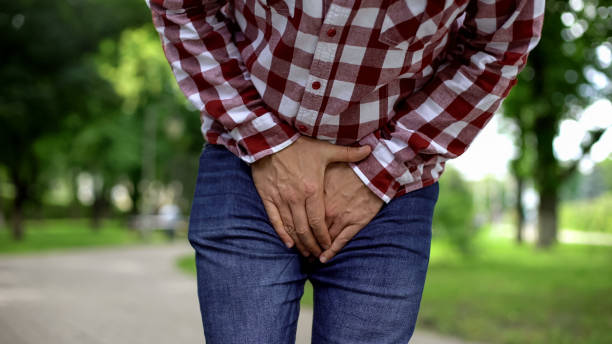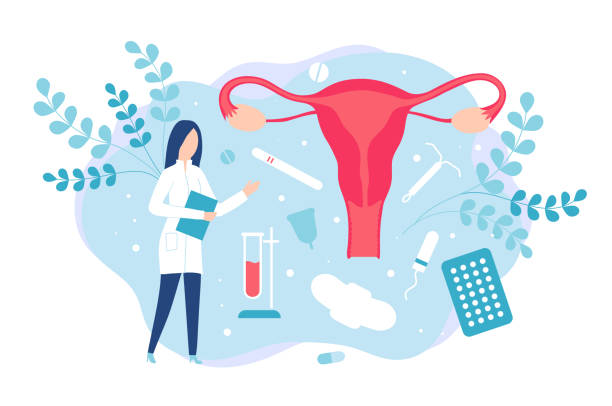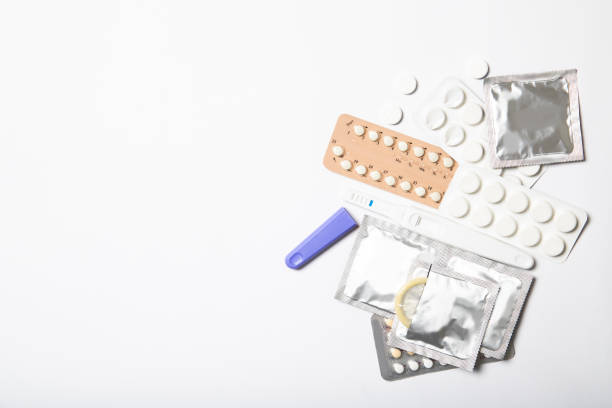Our urinary tract consists of kidneys, ureter, bladder, and urethra. All of them collectively work together to get rid of wastes from the body. UTI is a broader term to describe the infection which may include any structure from kidneys ...
There is no specific treatment for interstitial cystitis. However, symptoms can be treated with particular medications and therapies. Medical practitioners try different combinations of treatments till the symptoms disappear. It is important to consider that not all treatments work for ...
Cystoscope is a specialized tool to screen the inside of bladder. Doctors commonly use this tool to look for cancers and ulcers. Patients with IC may be diagnosed with ulcers, which can confirm the manifestation of IC if its other ...
It is also called painful bladder syndrome because it is characterized by multiple complaints of pelvic pain and problems in urination. What is interstitial cystitis? This is a chronic condition which most commonly hits women and affects their quality of ...
What is emphysematous cystitis? This is an extremely rare type of cystitis, in which bladder infection occurs which causes building up of gases around bladder walls. If left untreated, it can be lethal as it may rupture the bladder and ...
During menopause, normal count of natural bacteria in vagina is also altered that allows harmful bacteria get into the urinary tract and infect bladder. References Everything you need to know about cystitis Cystitis treatment HSE Cystitis Overview (NHS UK) Cystitis: ...
Most commonly, harmless bacteria living in our body like those of skin and bowel can infect urinary tract and cause cystitis. Escherichia Coli abundantly present in your bowel can sometimes attack urinary system and enters the bladder. Most of the ...
Erectile dysfunction (ED), commonly called impotence, is the inability to get or sustain an erection long enough for sexual intercourse to be effective. This has been shown to impair sexual performance and confidence. It is a relatively prevalent ailment, especially ...
1- Blood clots: signs and symptoms and causes Blood clots are thick clumps of blood that develop in response of an injury. Normally, it is a safe and natural response which prevents excessive loss of blood from your body. However, ...

